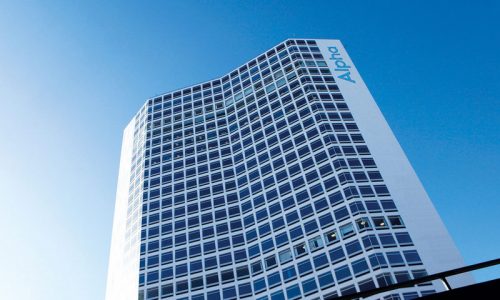Birmingham lagging behind its competitors as base for creative industries

Birmingham lags a long way behind its UK competitors when it comes to being a base for the creative industries, a new study has concluded.
CBRE’s Creative Regions report ranks Birmingham as only the seventh most attractive UK city for the creative industries sector.
According to the report, Manchester is currently the leading destination for publishing, film, TV, media, digital, computer programming and information services businesses.
Birmingham lags behind Reading, Edinburgh, Cambridge, Glasgow and Oxford; with Bristol, Brighton and Leeds completing the top 10.
The performance will be a disappointment for many looking to boost the city’s culture and creative talents.
The city is currently trying to raise its profile by attracting Channel 4 to relocate here, and new West Midlands Mayor Andy Street highlighted the importance of developing the creative industries sector during his campaign.
The CBRE report ranks 25 regional creative talent markets, benchmarking them against 15 different metrics, including educational attainment levels, labour costs, office space costs and concentration of creative employers.
More encouragingly for Birmingham, it scored highly on a number of metrics.
Employment in the information and communications sector and the proportion of millennials (20-34 year olds) is growing faster in Birmingham than Manchester. The growth of SMEs in Birmingham – 5.9% in the last five years – also dwarfs that of Manchester (1.1%).
Birmingham currently has the third highest concentration of information and communications professionals– around 24,000 people work in the sector, compared to more than 27,000 in Reading and more than 45,000 in Manchester.
The city has the second highest number of information and communications SMEs – nearly 4,000 – with Manchester stealing the lead with more than 5,000.
A notable characteristic of creative talent markets is the number of millennials, as 20-34 year olds are considered the lifeblood of the sector. Birmingham trails just behind Manchester on this benchmark, both with a millennial population of around 550,000.
Ashley Hancox, CBRE’s Birmingham-based national team head of offices, said a leading factor in Manchester’s success had been the relocation of the BBC to Salford’s MediaCityUK in 2011.
He said: “The BBC move to Salford has been a game-changer for Manchester, in much the same way that the mooted move of Channel 4 to Birmingham and Peaky Blinders’ creator Steven Knight’s proposed film studios could be.
“These would undoubtedly cement our reputation as a creative and digital hotspot and entice new talent to the city.”
Mr Hancox said developers were now tailoring their offer to the creative market.
“The majority of creative and digital business are small in scale, so typically require smaller space. They also like to cluster in multi-occupancy technology and innovation hubs, the likes of which have sprung up in Birmingham in recent years,” he said.
“For staff, workspace expectations include collaborative and communal areas and a range of on-site amenities, including bicycle storage, showers and cafes.”
He said Legal and General had embraced the collaborative workplace strategy in The Lewis Building, incorporating a library, workbenches and a coffee bar.
Other notable schemes were CEG’s Alpha Works serviced hub within Alpha Tower, while out-of-town, IM Properties’ Blythe Valley Business Park’s ‘Foodie Friday’ promoted networking and wellbeing among occupiers.









